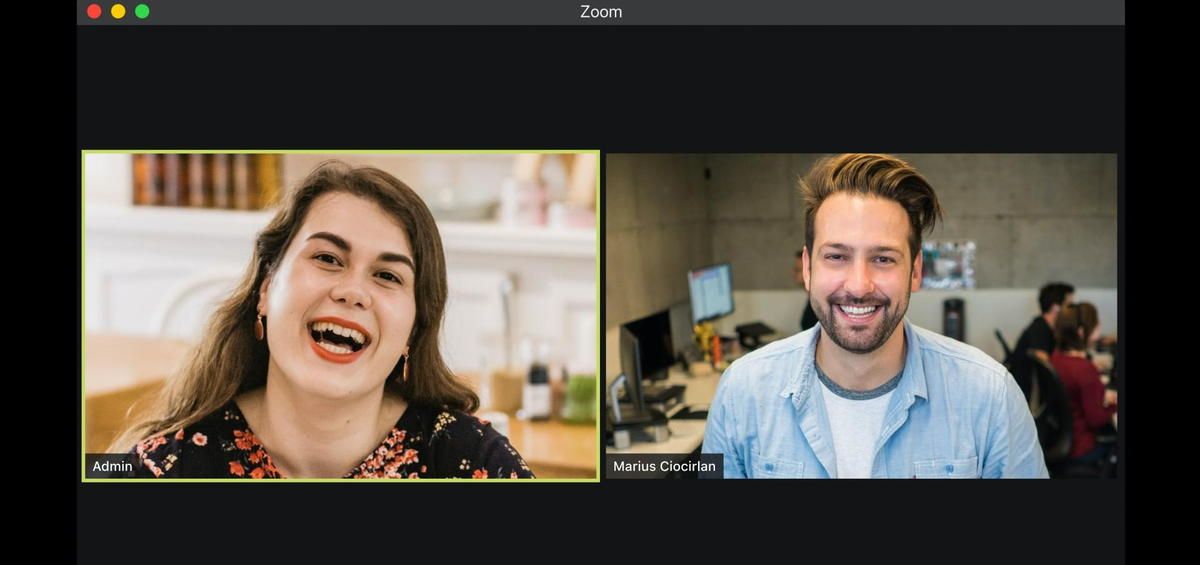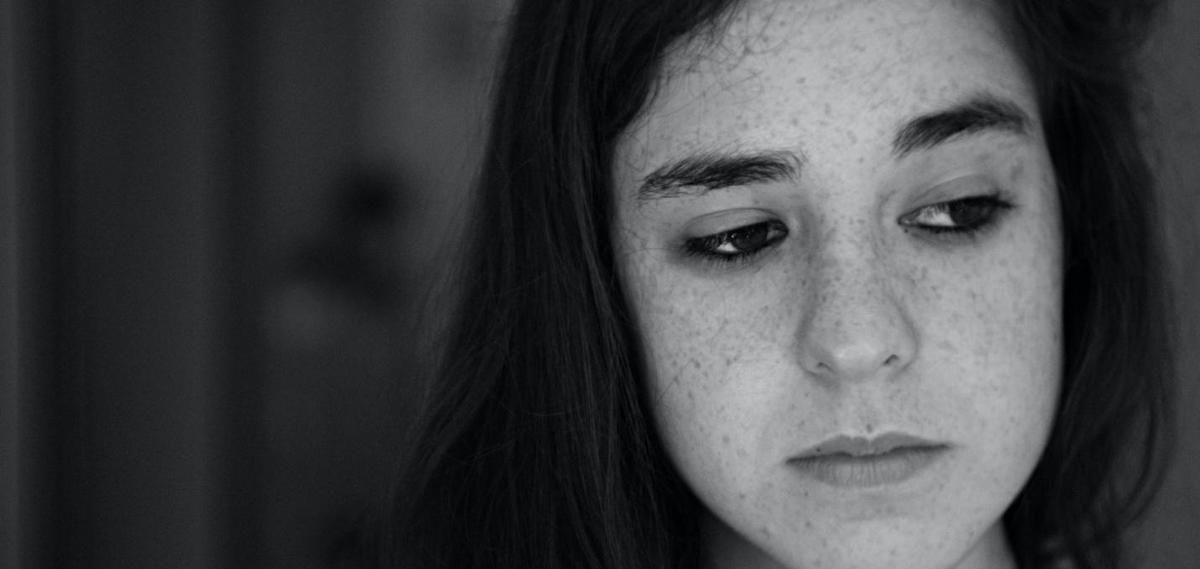Are you binge eating and having panic attacks during coronavirus?
Nothing feels worse than a full-blown panic attack. Many people first realize they are having these attacks after they end up in the emergency room, believing they are going to die. The symptoms can make you feel like you can't breathe and that you may be having a heart attack. It can feel so physically shocking it can be hard to believe "it's all in your head".
No wonder you turn to emotional eating to stop those symptoms! Remember that emotional eating is a form of nursing and self-soothing, not a lack of willpower. It is a primal urge to comfort yourself when feeling in extreme distress, so in a way your emotional eating is working for you in the moment you are panicking.
The problem is that your binging doesn't identify or solve the problems that brought on the panic in the first place. And if you don't figure that out and learn how to properly manage panic attack symptoms, your panic and emotional eating are likely to get worse over time.
Usually, since panic attacks AND emotional eating result from stress you have pushed down deep, you may need the help of a therapist to identify the triggers for both problems. In the meantime, here is a great list of creative ways to stop a panic attack while you are seeking help.
Don't put off getting treatment for your anxiety. Although it's terrifying to go through a panic attack, they are harmless and highly treatable once you have the proper support and tools.
Feeling anxiety is a natural human trait. It is normal to sometimes feel anxious about life situations but can become problematic if experienced more often. Such anxiety attacks can disturb your perfectly healthy and happy life in different ways. These unsolicited attacks, if not treated well can turn into panic attacks in no time.
A panic attack starts with an acute wave of fear, and can be accompanied by breathlessness, tachycardia, and chest pain among other distressing symptoms. They can occur in public gatherings or even when you are asleep. A person experiencing a panic attack might think they are going to die from pain without knowing it's all in their head. They feel so real!
Recurrent attacks are mostly triggered by a situation that has caused a panic attack before. It makes you feel disconnected from your surroundings as if you are going crazy with no escape.
It is so distressing to experience panic attacks that people will go to almost any lengths to relieve the anxiety. These can include recurring trips to the doctor to test for physical causes, drinking more alcohol to calm down, and many times using emotional eating to self-soothe.
Apart from eating to justify physical hunger, we also rely on food to comfort ourselves and calm our emotional needs. Bingeing comfort foods such as sweets and high carbohydrate foods can provide temporary relief because eating is a lot like nursing - immediately soothing and preoccupying.
With the current rise of the pandemic, people are losing their ability to overcome anxiety attacks, and most of them are emotionally eating with anxiety levels being off the charts. They feel powerless over food and their feelings, and in the end, they shame and punish themselves for "messing up".

It becomes a burden to focus on healthier and effective ways to deal with your emotions to mask the problems.
If you don't work to learn to successfully manage panic attacks and feelings of anxiety properly, emotional eating and panic attacks will only get worse with time.
Ultimately you could face a difficult time managing your weight.
Before you despair, know there is lots of good news!
First, panic attacks are harmless and highly treatable once you get the proper support and tools to overcome them.
Second, dieting is NOT one of the tools. If you are highly anxious and emotionally eating, please do not go on a diet, because it will only make the problem worse.
Here's what you CAN do:
Treat yourself with a hot bath if you feel exhausted. Read a good book or watch a comedy show if you're bored. Expend your negative nervous energy by squeezing a stress ball or playing with your pet. Make regular calls and talk to your loved ones if you are lonely or depressed.
Identify your emotional eating triggers and fight them to reduce panic attacks.
Labeling the triggering factors is the initial step to end both panic attacks and emotional eating. Unpleasant feelings, worst experiences, places, or situations can make you look for comfort in the form of food.
Stress is one of the most common causes of binging, it releases a hormone called cortisol. This hormone develops cravings for junk food that gives you a sudden wave of happiness and pleasure.
Reliving past traumatic events, stuffing down emotions, social pressure, and feelings of boredom and loneliness can all act as triggering factors. Unfortunately for many of us, the coronavirus pandemic has created a perfect storm of panic and binge eating triggers.
Medications like antidepressants and benzodiazepines are often used to temporarily limit the symptoms of panic disorder, and there is absolutely no shame in using them when prescribed by your doctor. However, they do not completely treat the problem.

Above mentioned stress-reducing activities can be of great help, but these alone may not make a noticeable change. To fully live a stress-free life, it can be a real game changer to ask for help from a therapist.
A short course of therapy can help a lot to reduce your stress. Among the most commonly used therapies, cognitive behavior therapy, exposure therapy for panic disorders, and exposure therapy for panic disorders with agoraphobia are preferred to deal with anxiety attacks. Combined with guidance from a therapist specializing in effective treatment of emotional eating, counseling can really turn panic and bingeing around quickly.
Don't put off getting treatment for your anxiety. Although it's terrifying to go through a panic attack, they are harmless and highly treatable once you have the proper support and tools.
The counselors at The Body Image Counseling Center are highly experienced and trained in the successful treatment of both eating disorders and panic attacks. We offer telehealth services so you can receive quality treatment in the comfort of your own home.
If you would like to receive a FREE and CONFIDENTIAL 15-minute consultation to see if our services would help you, just fill out a request form here, or call us at 904-737-3232. We will be in touch the same day!










